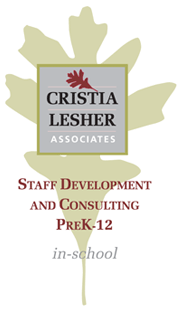Classroom management: when a kid’s home life is awful
Date: April 17th, 2014
By: Polly Bath
Watch this video [2:25] for my thoughts on the most important thing when working with kids who are homeless or have a really tough time at home.
The recliner chair, the magazine, being home, home where things are comfortable and you can relax, you know what’s coming next.
What about those kids who don’t have that stable home environment? Those kids who are dealing with divorce in the family, or even children who are going home to do homework sharing the dashboard of a car with their siblings because they’re homeless?
Upset and unrest is difficult and you can’t expect them not to bring that into the classroom. These situations aren’t going to go away. They’re going to continue to be there for the children that we work with. We can’t control what goes on at home.
The best thing we can do is realize that we have five and a half or six hours a day and we have those five and a half or six hours a day to provide a predictable and consistent environment so that these kids have that when they walk through the door of the building.
I work with countless children who have very difficult home lives, but what they know is that when they come in on Monday morning, it’s not OK for them to swear in my classroom because something awful happened at home. I take it into consideration but I want to make sure that they know what the expectations are. I’m going to provide those expectations clearly day in and day out.
I’m not going to get upset when I send a kid home and say no matter what I do it’s going to be undone when they go home because of their home situation. I know that it’s not going to be the way it is in school at home and I accept that.
Don’t let these kids off the hook by not expecting them to be able to do the classroom expectations. Teach them coping skills so that they can come into the building and be able to change the way they manage what’s happening in their lives. They have to learn how to do that.
We’re expected to come in every day and put our emotions in our pocket, not respond to our family issues when we come into the classroom. Imagine being a child with family issues, having to put that in your pocket, study and do your homework, pay attention here, and forget about what’s going on at home. It’s nearly impossible.
Don’t beat yourself up over the fact that you don’t have control over what happens outside. When they come through the threshold of the door and they come into our buildings and into our classrooms, they know what to expect and it becomes a safe and secure environment.

